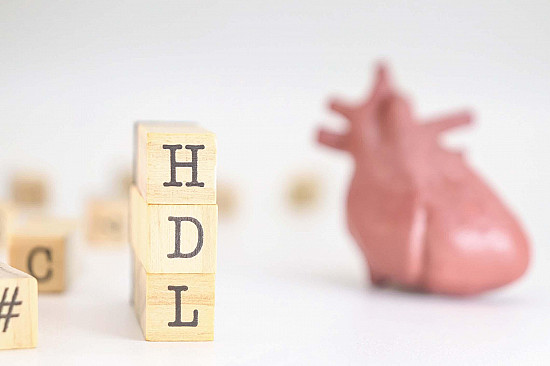For most people, no need for niacin
Research we're watching
Hundreds of thousands of people in the United States take prescription niacin (also known as vitamin B3) as part of a regimen to prevent heart disease. But a new analysis that was published April 12 in JAMA Network Open suggests this old drug offers no benefit for most people.
The analysis included 35,760 patients from 17 clinical trials documenting the effect of niacin on at least one cardiovascular disease outcome. About half of the people were taking niacin, and the remainder received placebo, usual care, or other lipid-lowering agents. Over all, niacin was not helpful in preventing any serious heart-related events, strokes, or deaths from heart disease.
The initial interest in niacin stemmed from the drug's ability to raise HDL cholesterol, once thought to protect against cardiovascular disease. But HDL is now considered more of a bystander than a helper when it comes to heart disease risk, according to current thinking.
Given niacin's weak record, the only possible role for this drug is for people who cannot tolerate statins. But other, newer medications would likely offer greater benefits.
Image: milosducati/Thinkstock
Disclaimer:
As a service to our readers, Harvard Health Publishing provides access to our library of archived content. Please note the date of last review or update on all articles.
No content on this site, regardless of date, should ever be used as a substitute for direct medical advice from your doctor or other qualified clinician.
















